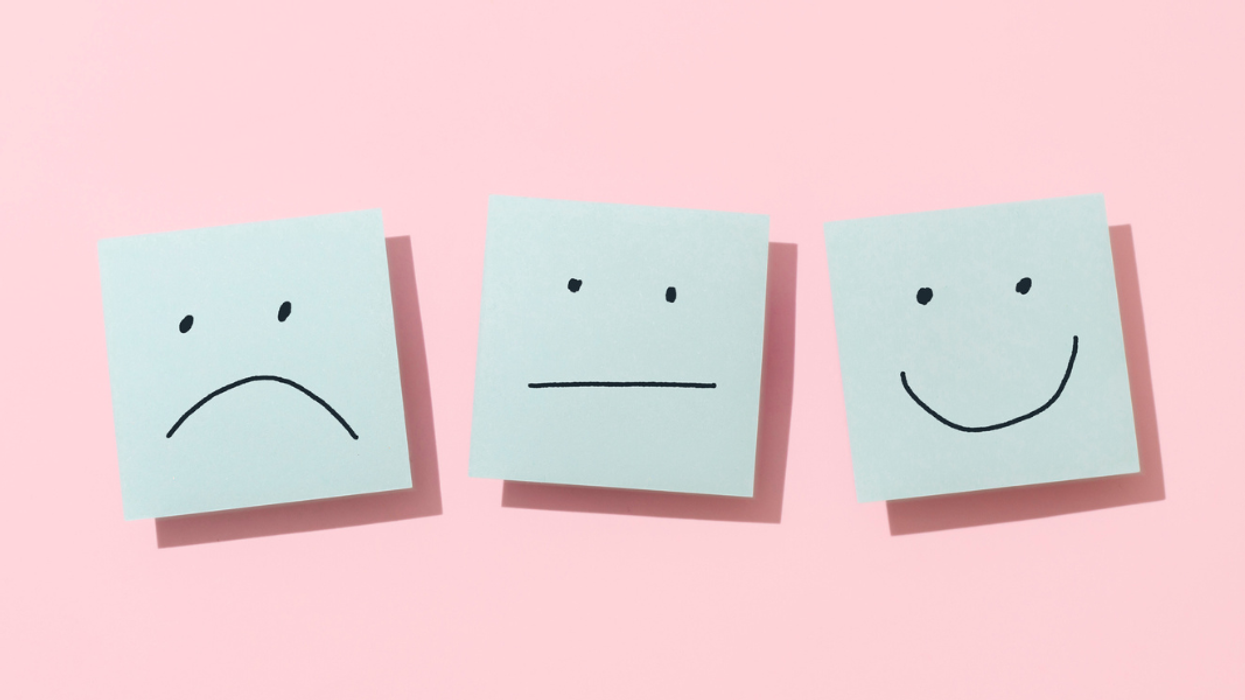Lynn Schmidt is a syndicated columnist and Editorial Board member with the St. Louis Post-Dispatch.
When it comes to polarization, partisanship and happiness, I have more questions than answers. As polarization has increased in America, is it still true that partisans are happier than non-partisans?
On the day that the United States military, under the order of Pres. Biden, shot down the Chinese spy balloon off the coast of the Carolinas. I felt a wave of the “rally around the flag” effect and even shared some patriotic exuberance with my husband. While I did not like the idea that China had managed to launch this spy balloon over the United States, I had full faith that the military and intelligence leadership would do the right and safe thing. Shortly thereafter I saw that the senior U.S. Senator from my state tweeted “Debacle.” How remarkably sad that a senator couldn't rejoice in a “win” for the United States because he is so profoundly motivated by partisan animosity.
Historical studies have shown that Republicans are happier than Democrats or independents. Some 45 percent of all Republicans report being very happy, compared with just 30 percent of Democrats and 29 percent of independents. Since 1972 Republicans have been happier than Democrats every year since the General Social Survey (GSS) began measuring this in 1972. This information can be complicated by the correlations of income, education, marital status, and religiosity but it begs the question. Does it remain true that as polarization has increased, those numbers stayed the same?
I find it surprising that people who consider their political opponents their enemies and stew in an ideological media culture of anger and fear of “the other” are happier than those who consider each other as fellow Americans?
Pew Research reports that highly negative views of the opposite party have more than doubled: 43 percent of Republicans and 38 percent of Democrats now view the opposite party in strongly negative terms. Among all Democrats, 27 percent say the GOP is a threat to the well-being of the country. That figure is even higher among Republicans, 36 percent of whom think Democratic policies threaten the nation.
I am a recovering partisan. It has been several years since I left the warm embrace of a tribe. I am also so much happier. I have adopted independence in most aspects of my political life. Not only do I consider myself an independent voter, I approach each issue, candidate, and election in a refreshingly independent way. I am not alone. According to Gallup Research, as of Nov. 2022, the largest voting block in the electorate goes to independents with 42 percent, followed by Republicans with 30 percent and Democrats with 26 percent. Of course independents lean one way or another but the takeaway should be that more Americans no longer want to associate with one of the two major parties.
When thinking about all this data and considering my personal experience, I am starting to think we need new studies. I was excited to see this one.
A study published in 2020 in The Journal of Elections, Public Opinion and Parties as “Neural Nonpartisans” suggests that the brains of non-partisans function differently than those of partisans. Blood flow to regions associated with problem solving differed between the two groups. The findings may lead to further research in how differences in brain activity affect personality. The study looked at blood flow in the brains of partisans and non-partisans as they played a betting game. The results were later compared to their voter registrations to confirm their partisanship or lack thereof. The sample size was small with only 110 test subjects but the results were fascinating. The brain scans demonstrated that blood flow to the right medial temporal pole, orbitofrontal/medial prefrontal cortex, and right ventrolateral prefrontal cortex differs between partisans and non-partisans. These regions are associated with socially relevant memory, decision making, and goal-related responses. Previous studies have also shown them to be essential for social connections. The study demonstrates that the brains of non-partisans approach non-political problems differently than the brains of partisans.
Lead author Dr. Darren Schreiber laid out his interpretation of the data and offered takeaways: “There is skepticism about the existence of non-partisan voters, that they are just people who don’t want to state their preferences. But we have shown their brain activity is different, even aside from politics. We think this has important implications for political campaigning – non-partisans need to be considered a third voter group. In the USA 40 percent of people are thought to be non-partisan voters. Previous research shows negative campaigning deters them from voting. This exploratory study suggests US politicians need to treat swing voters differently, and positive campaigning may be important in winning their support. While heated rhetoric may appeal to a party’s base, it can drive non-partisans away from politics altogether.”
The escalation of polarization, as well as the surge of non-partisans, warrants further studies and meaningful discourse. We have very little to lose and much to gain.




















Trump & Hegseth gave Mark Kelly a huge 2028 gift